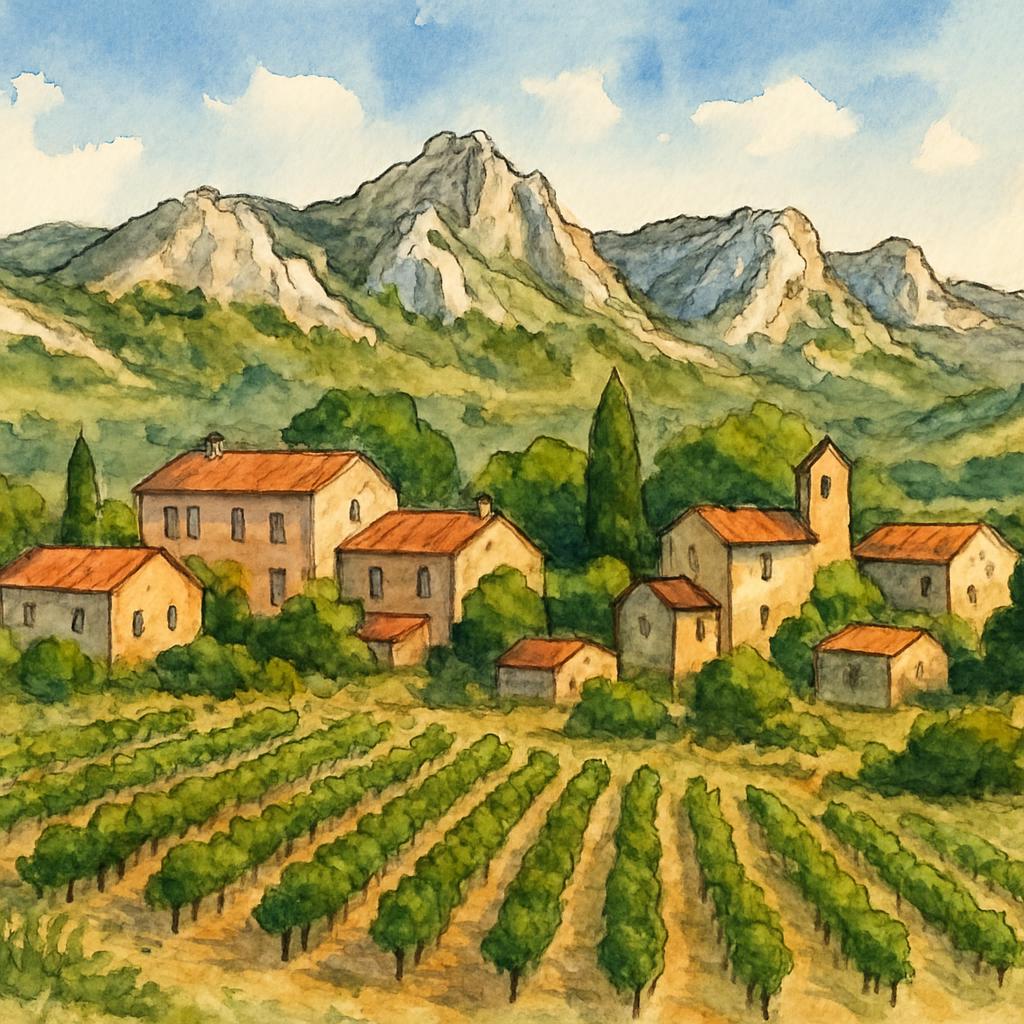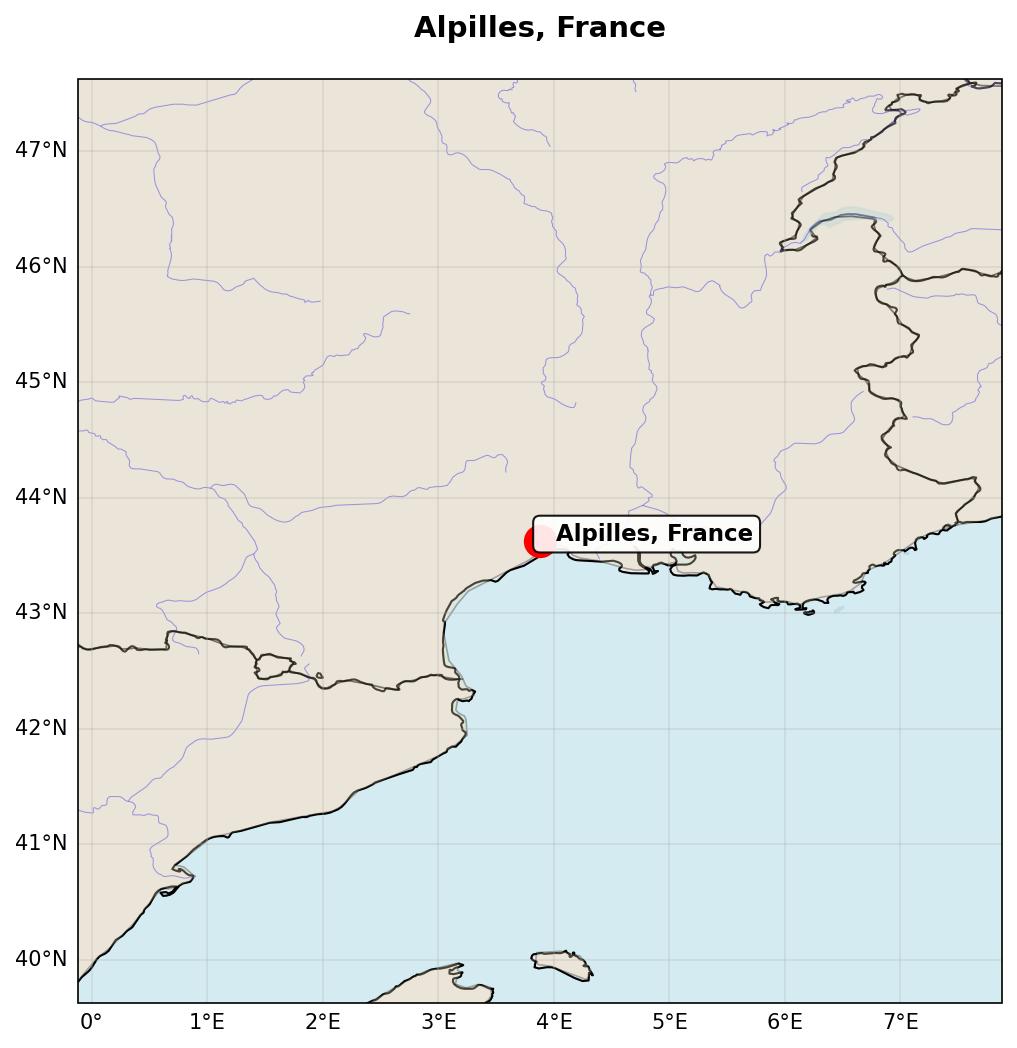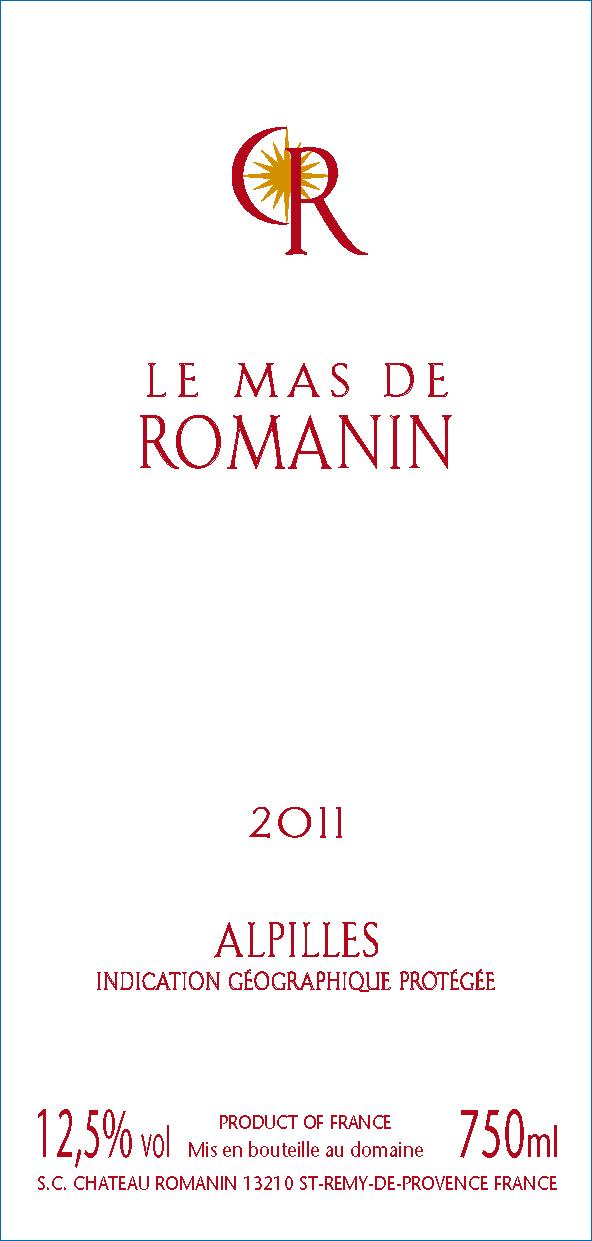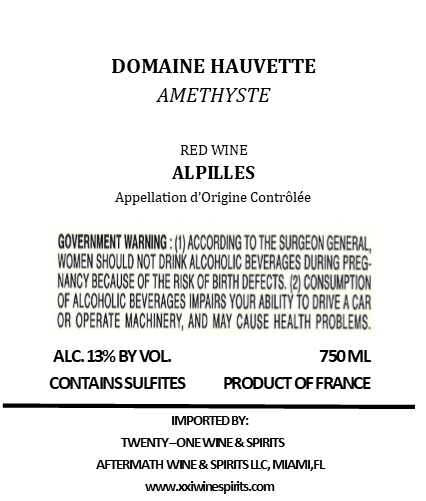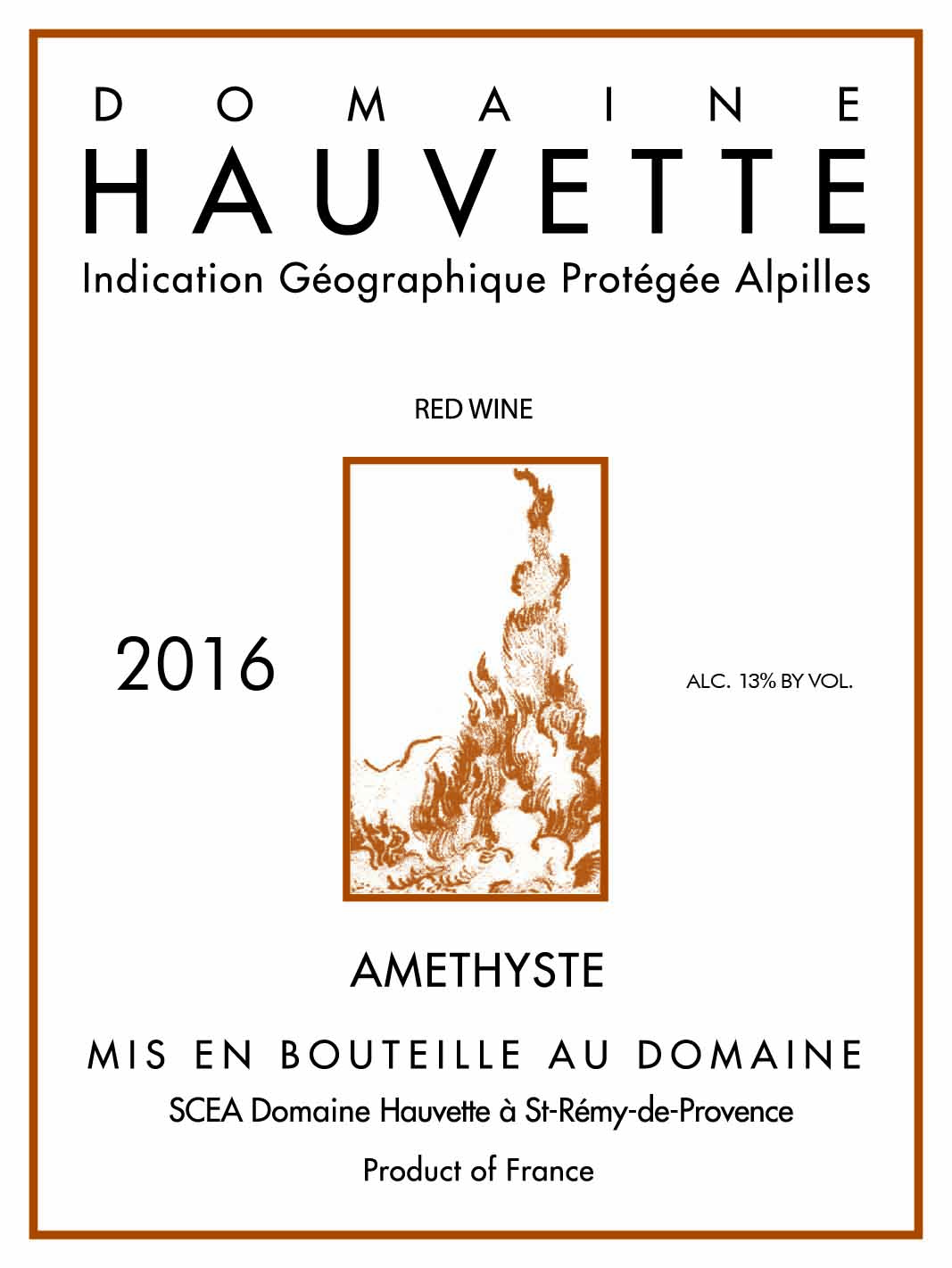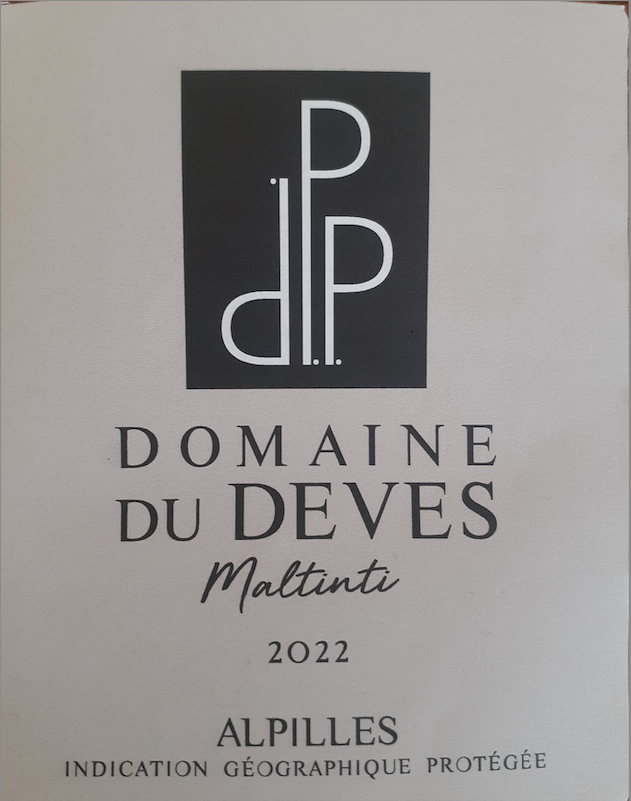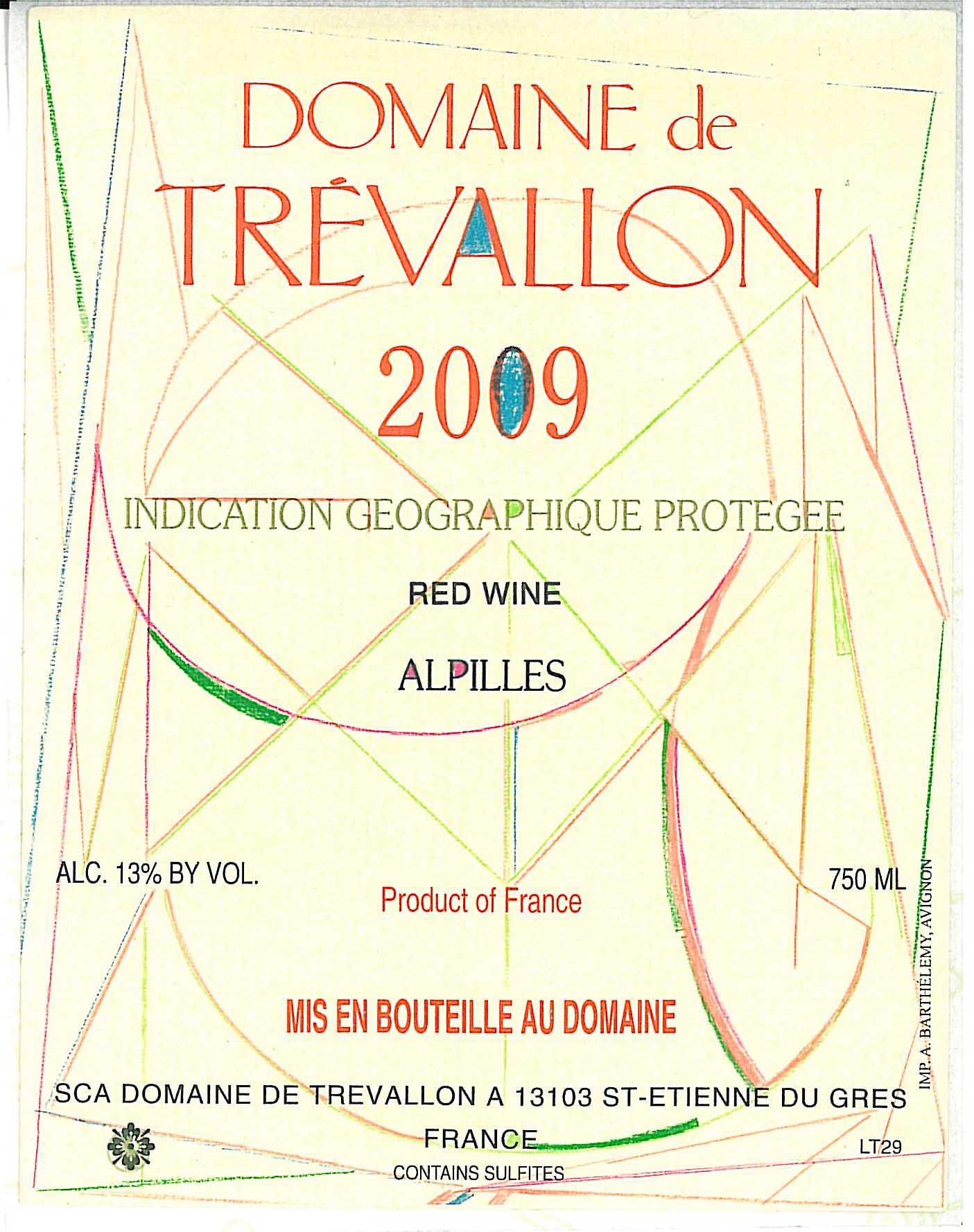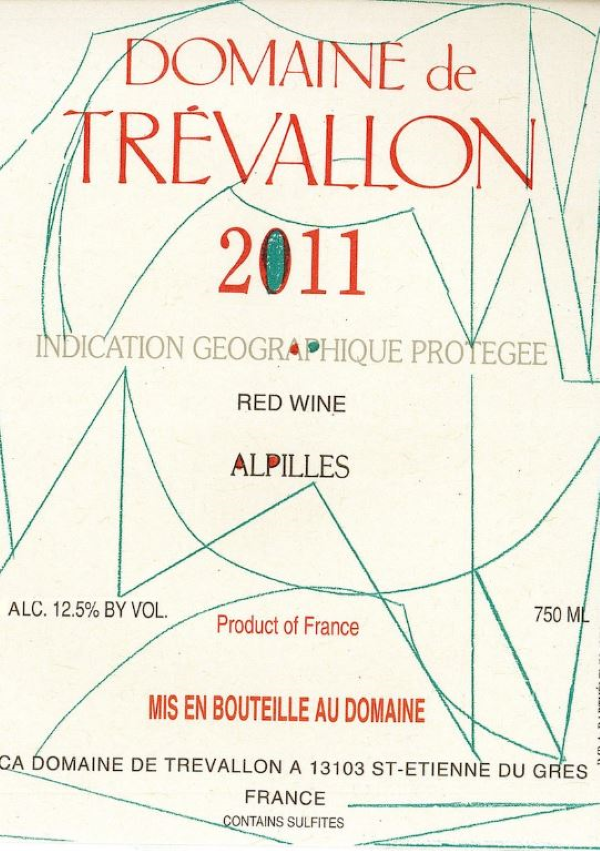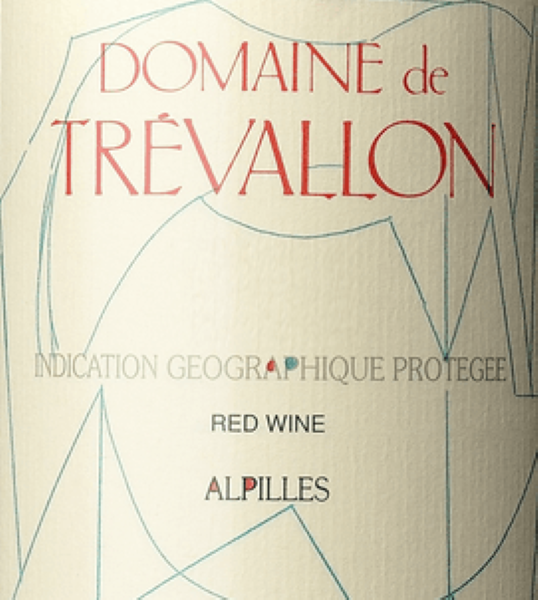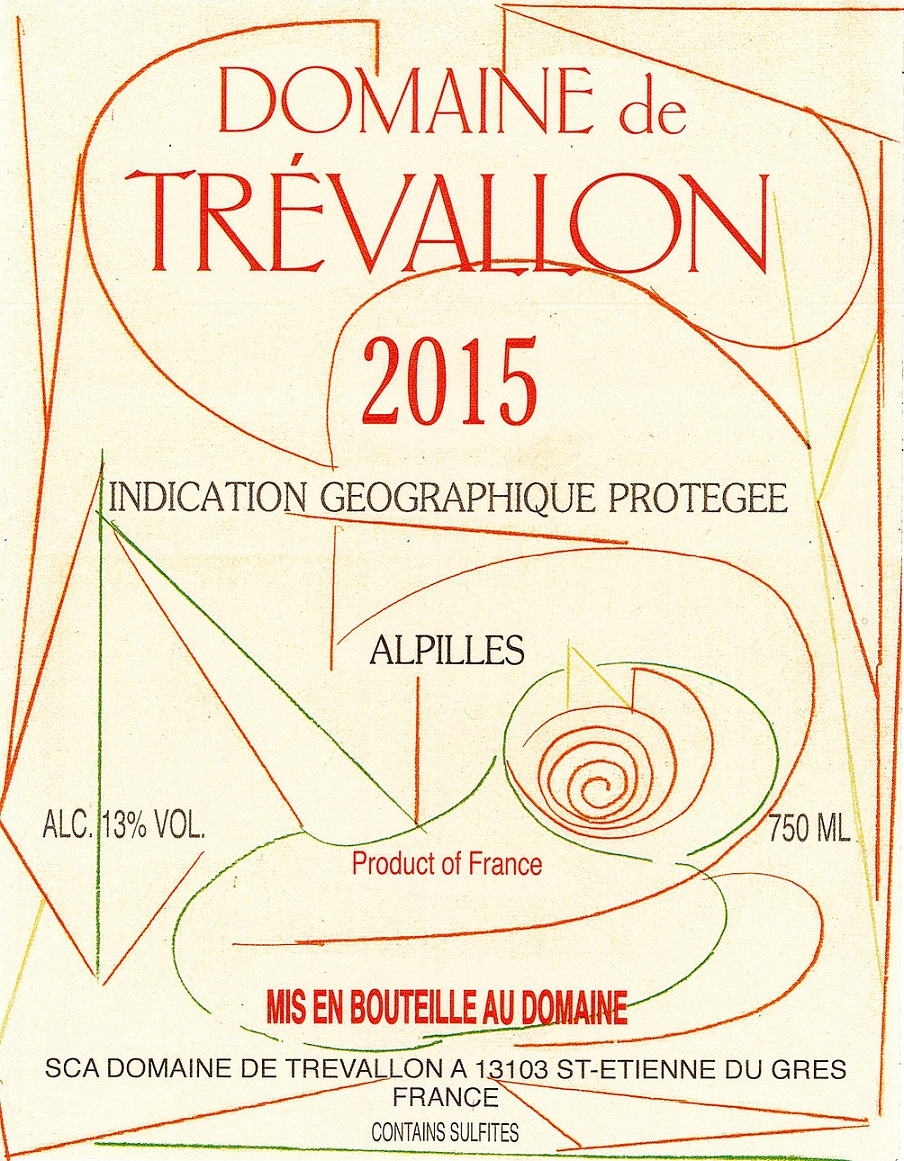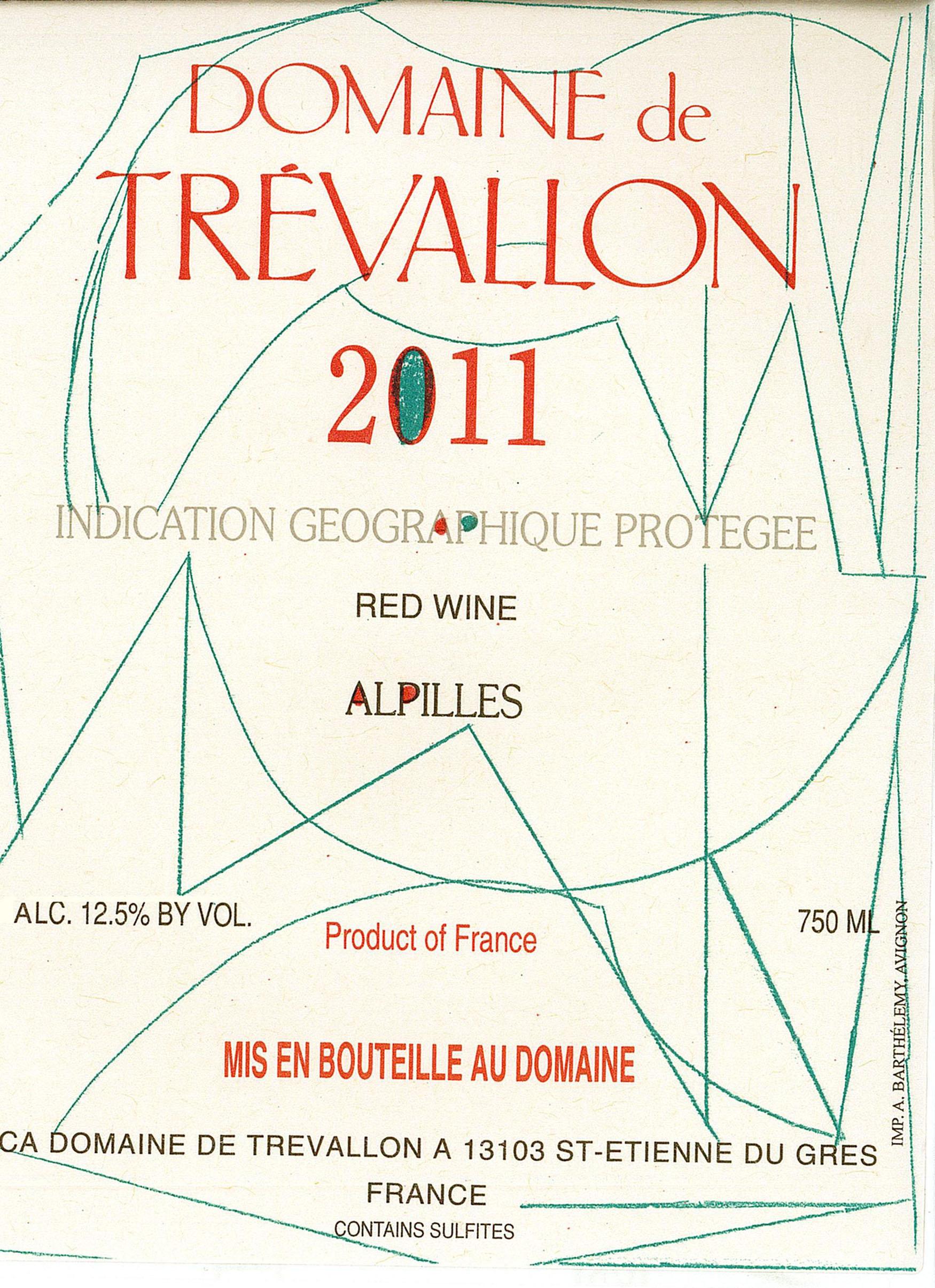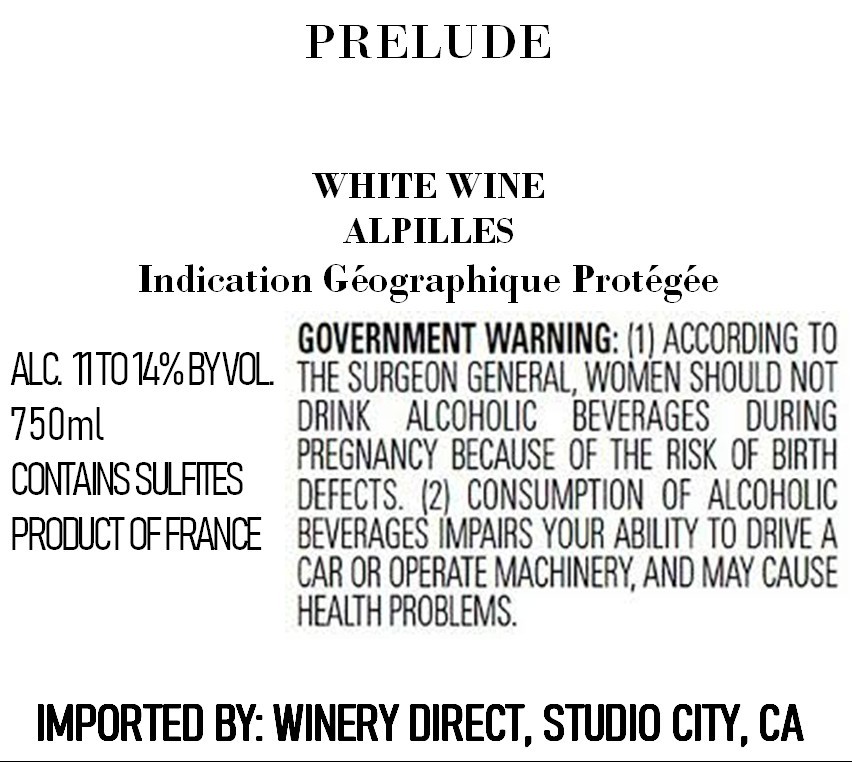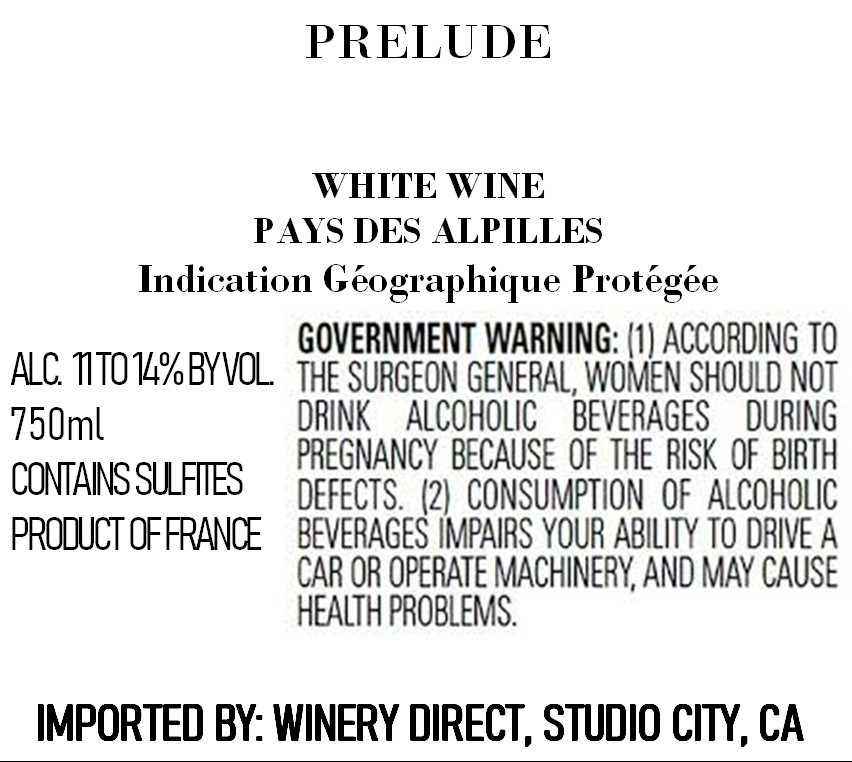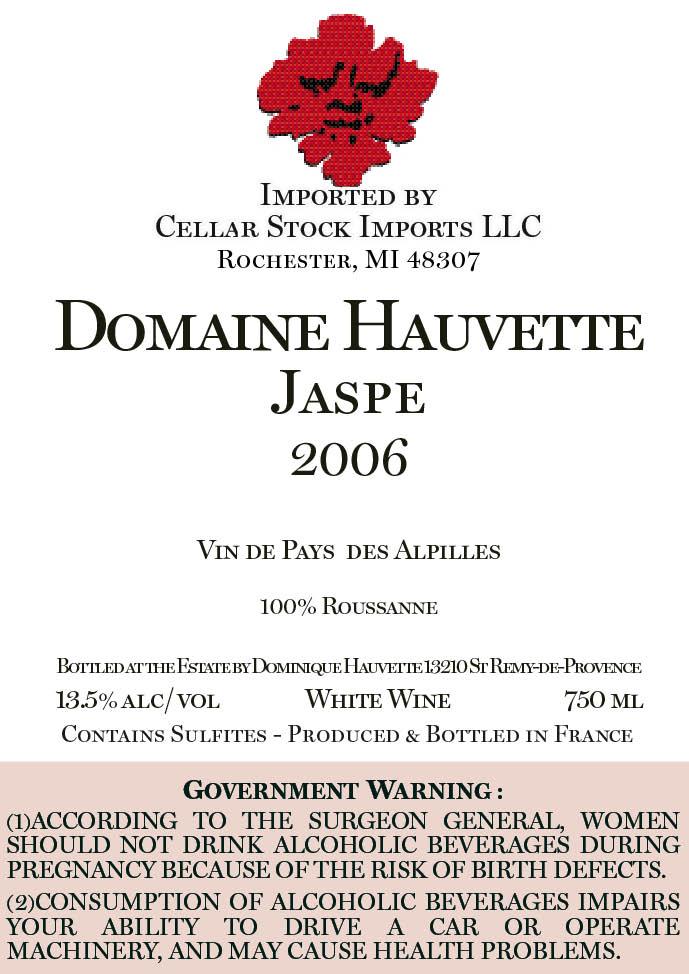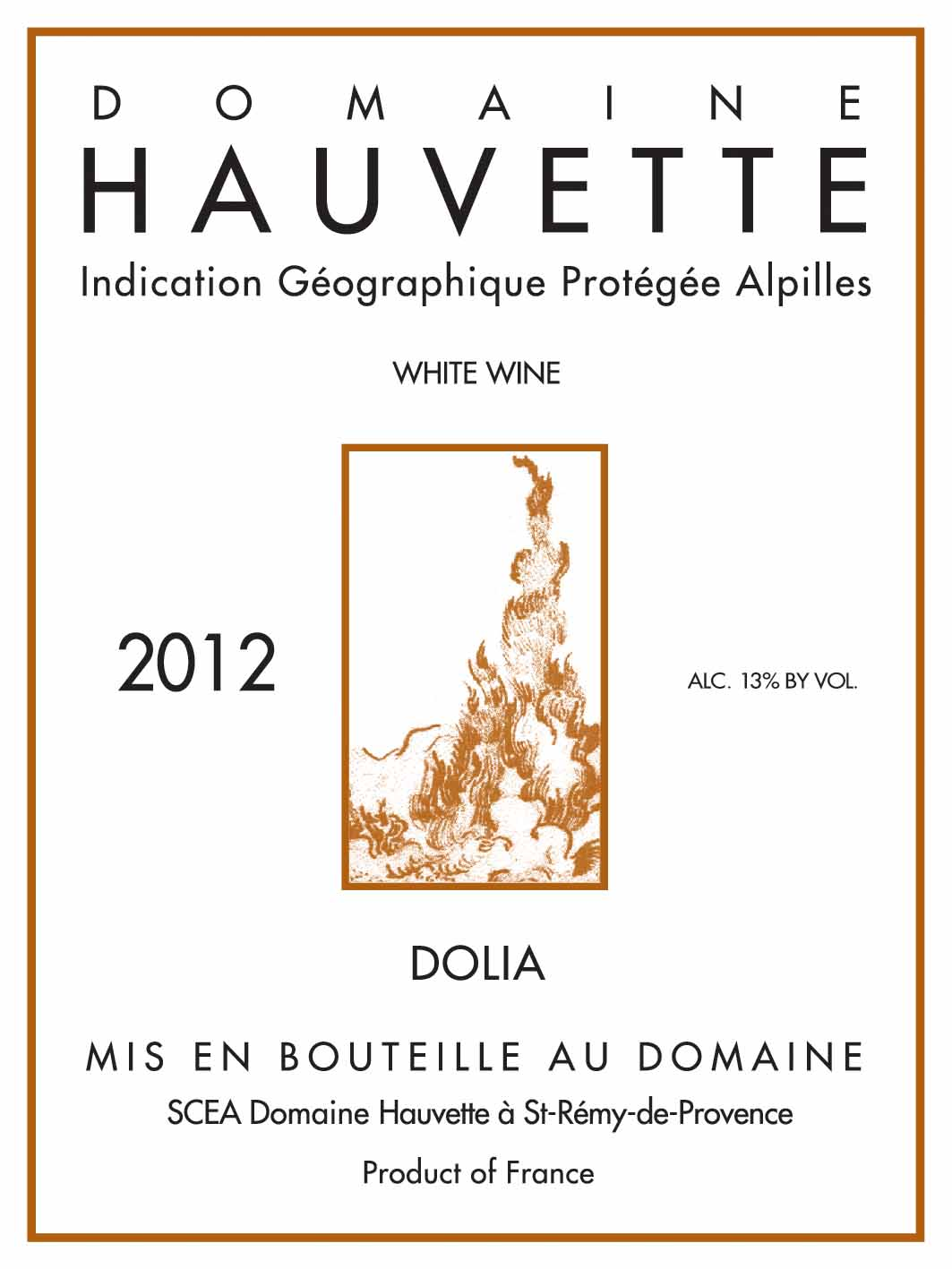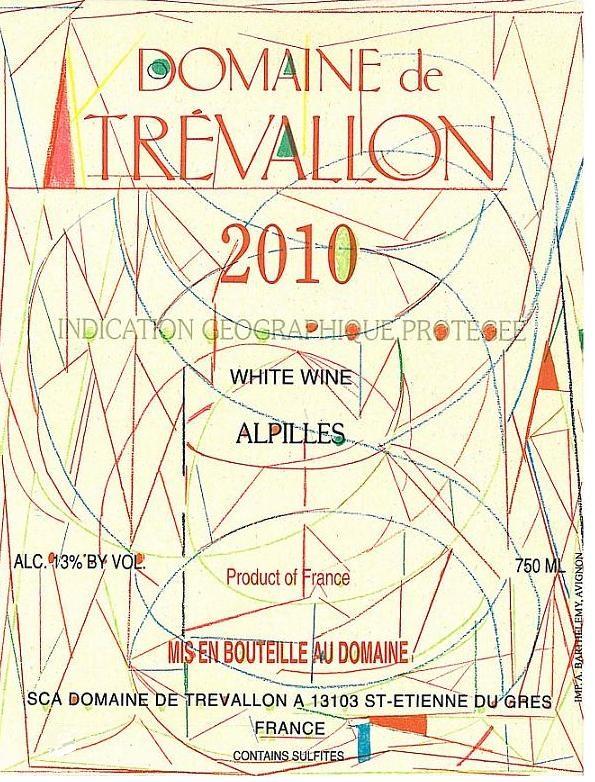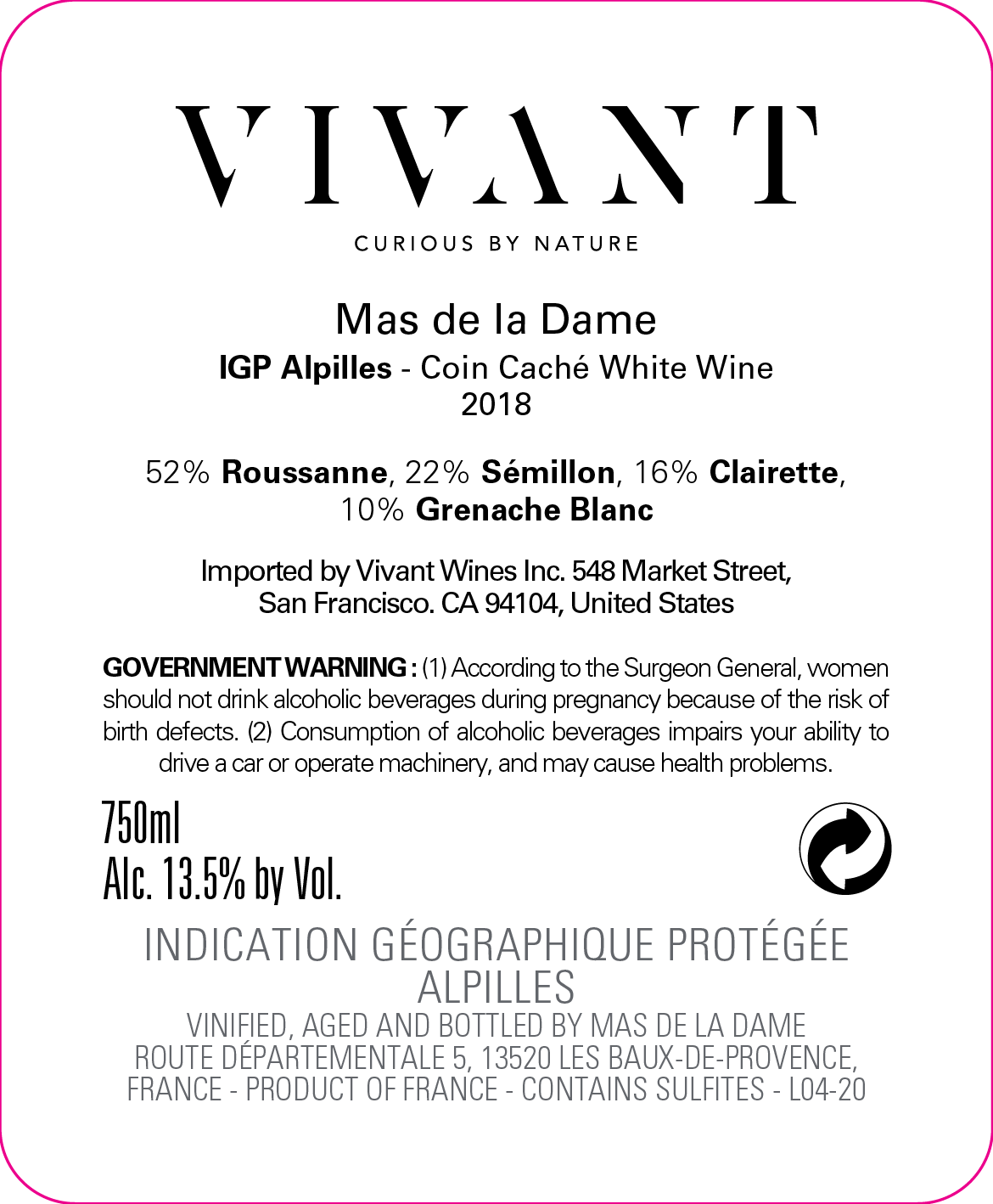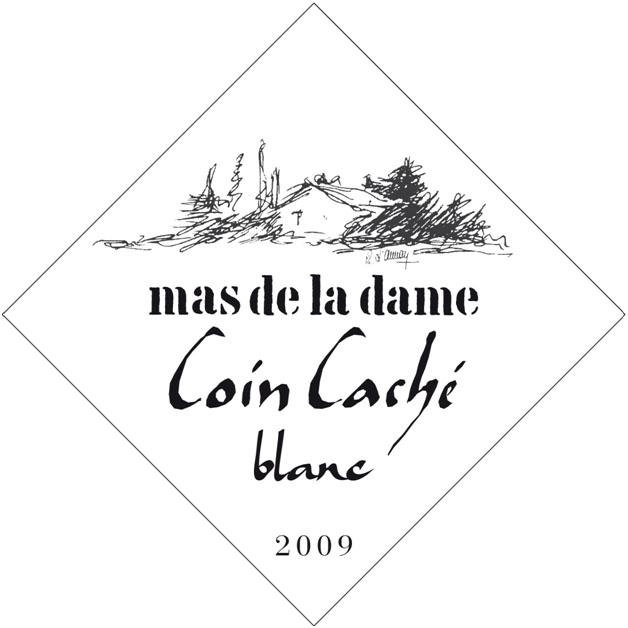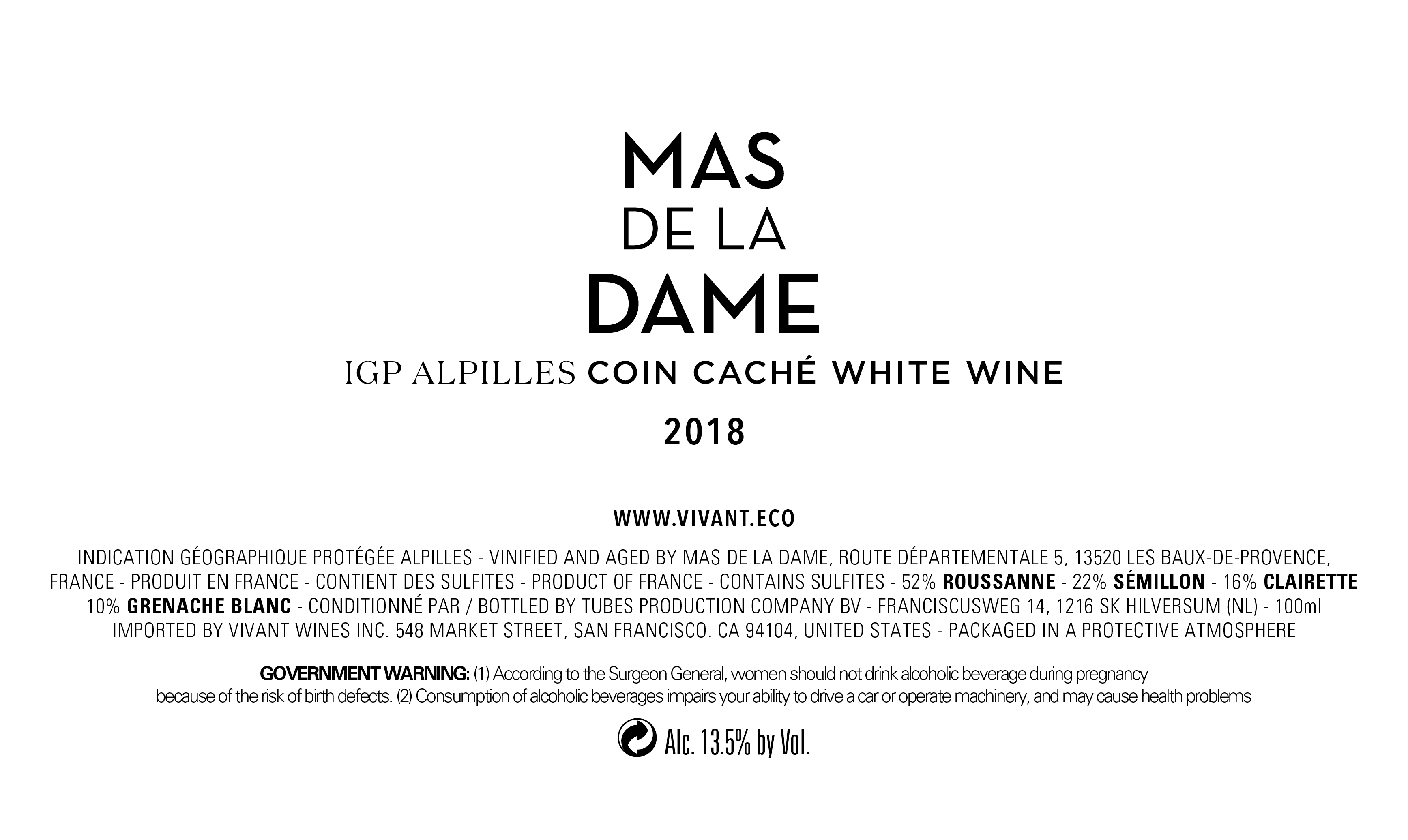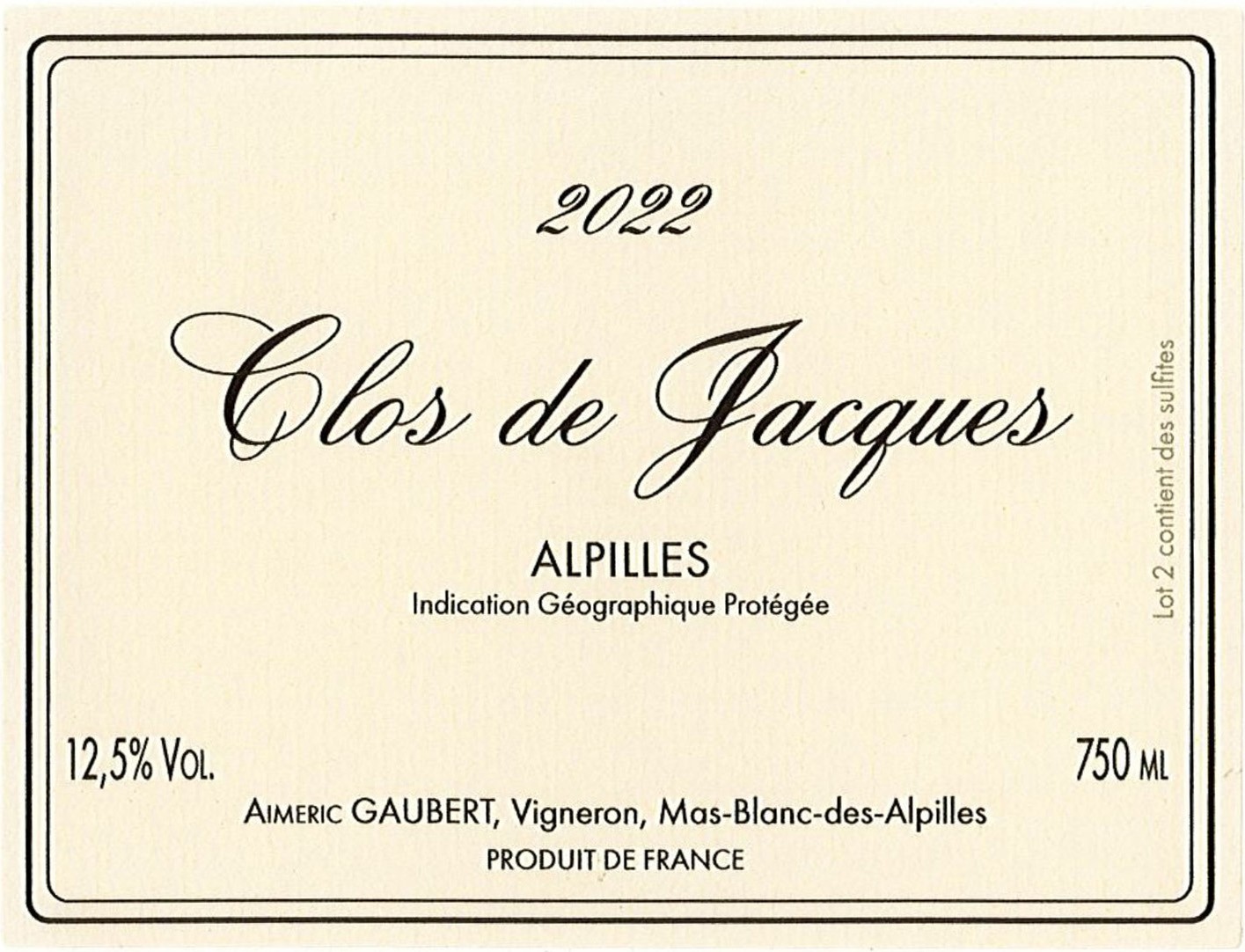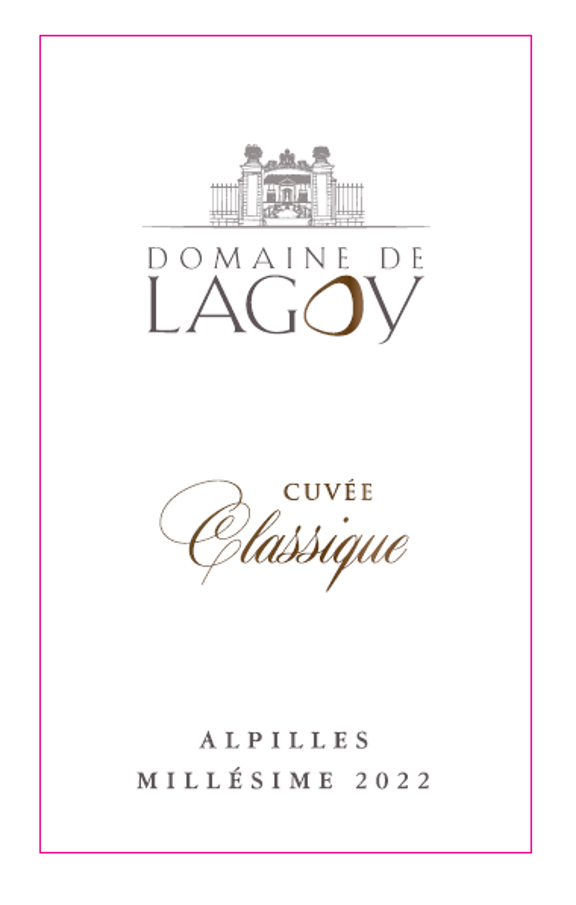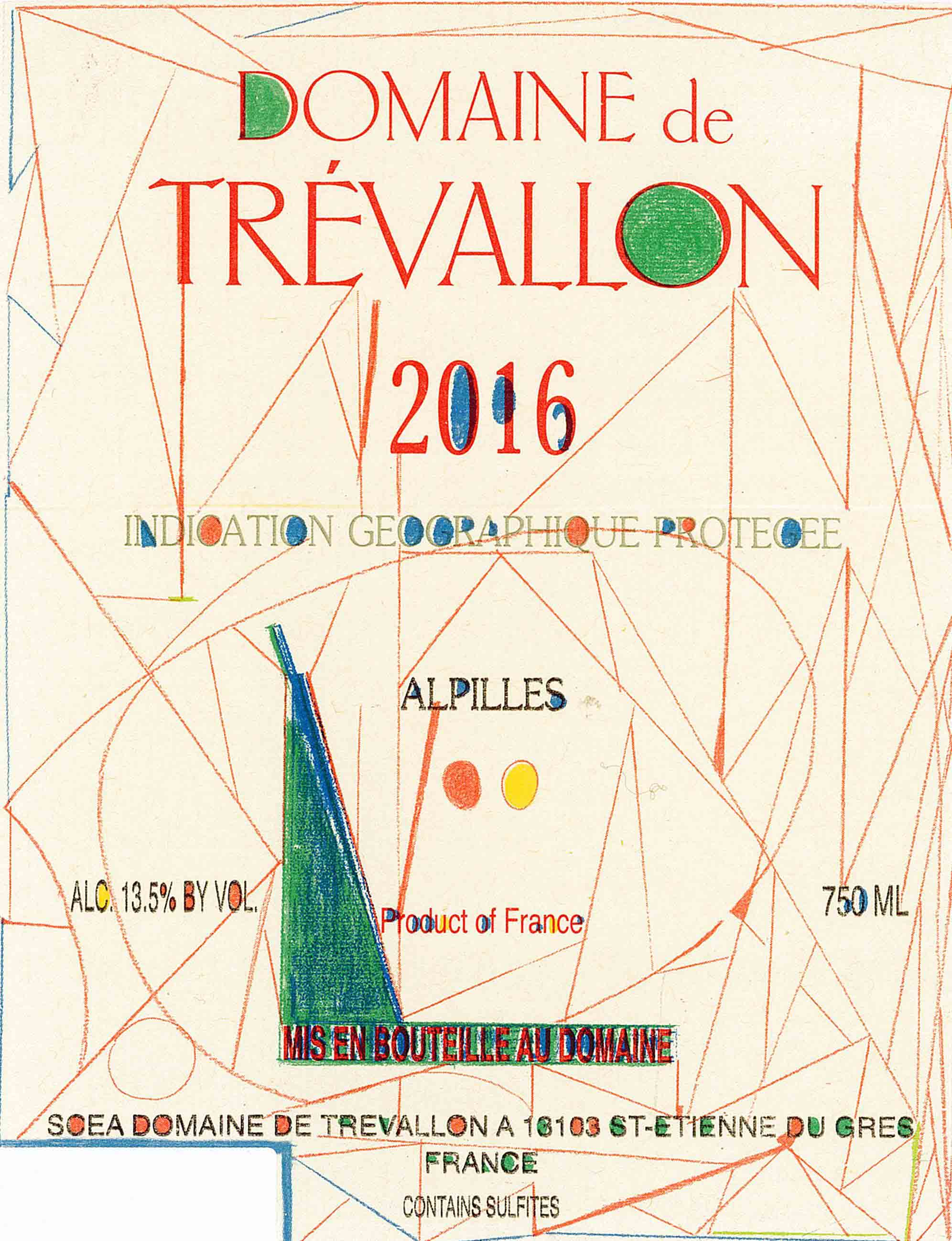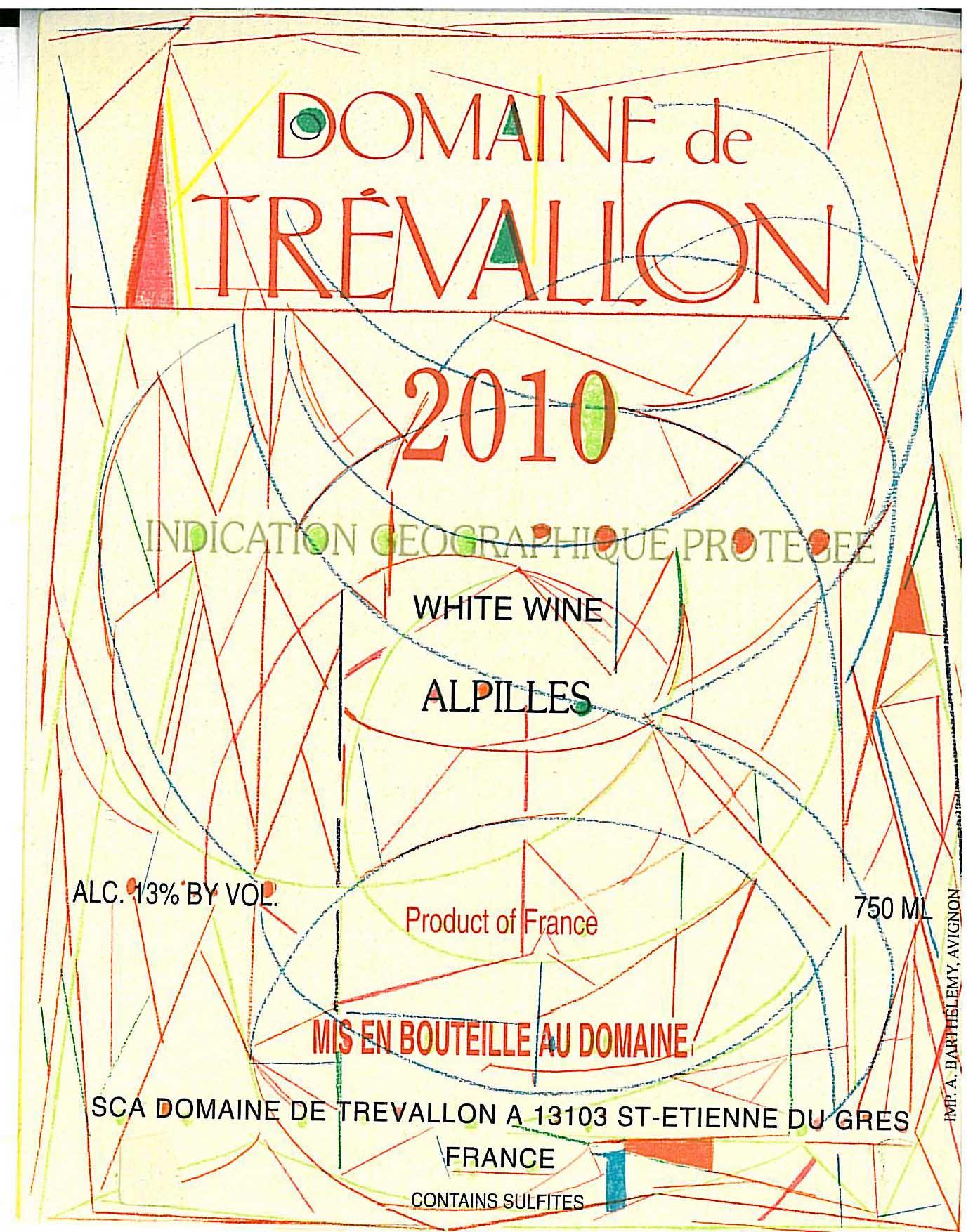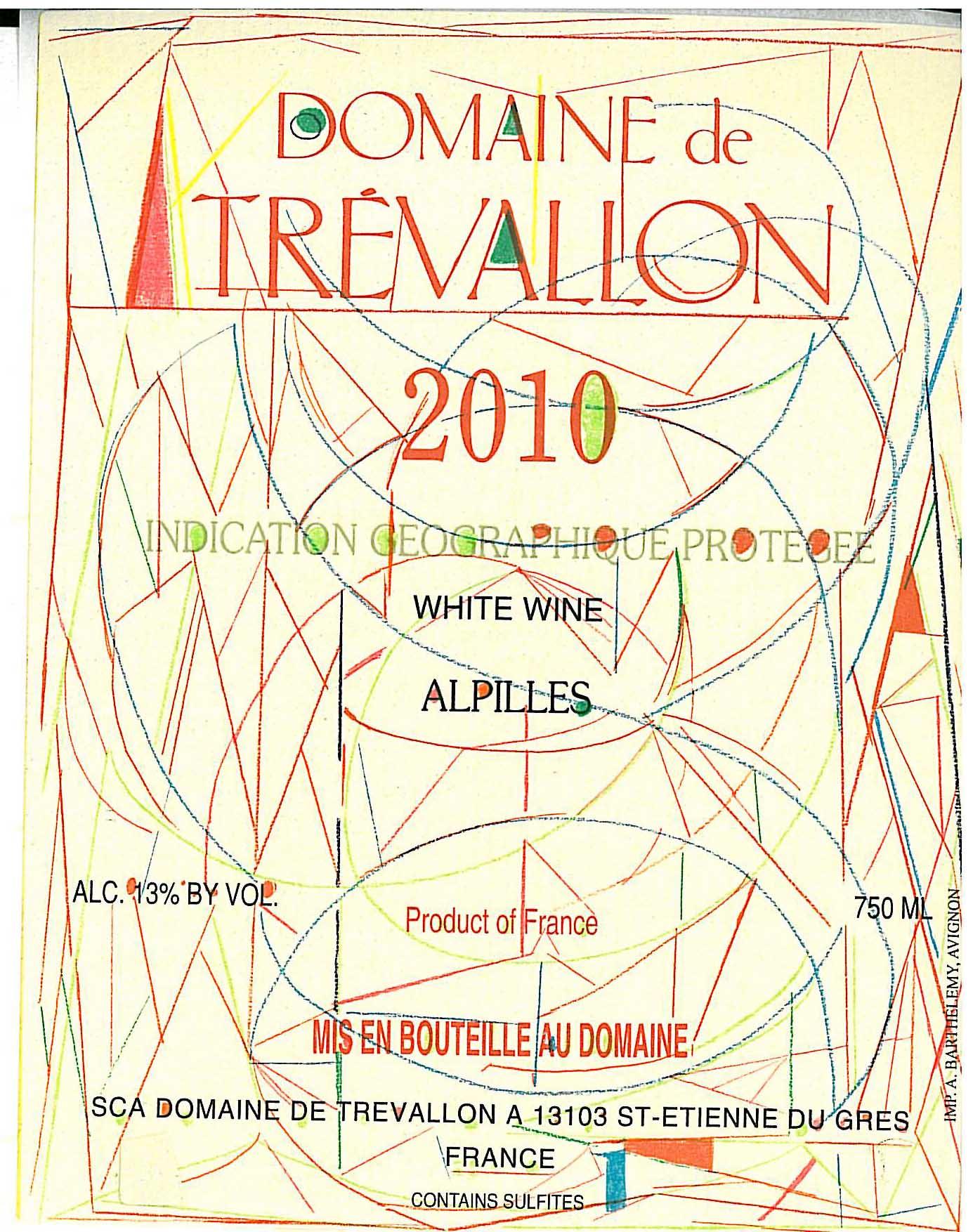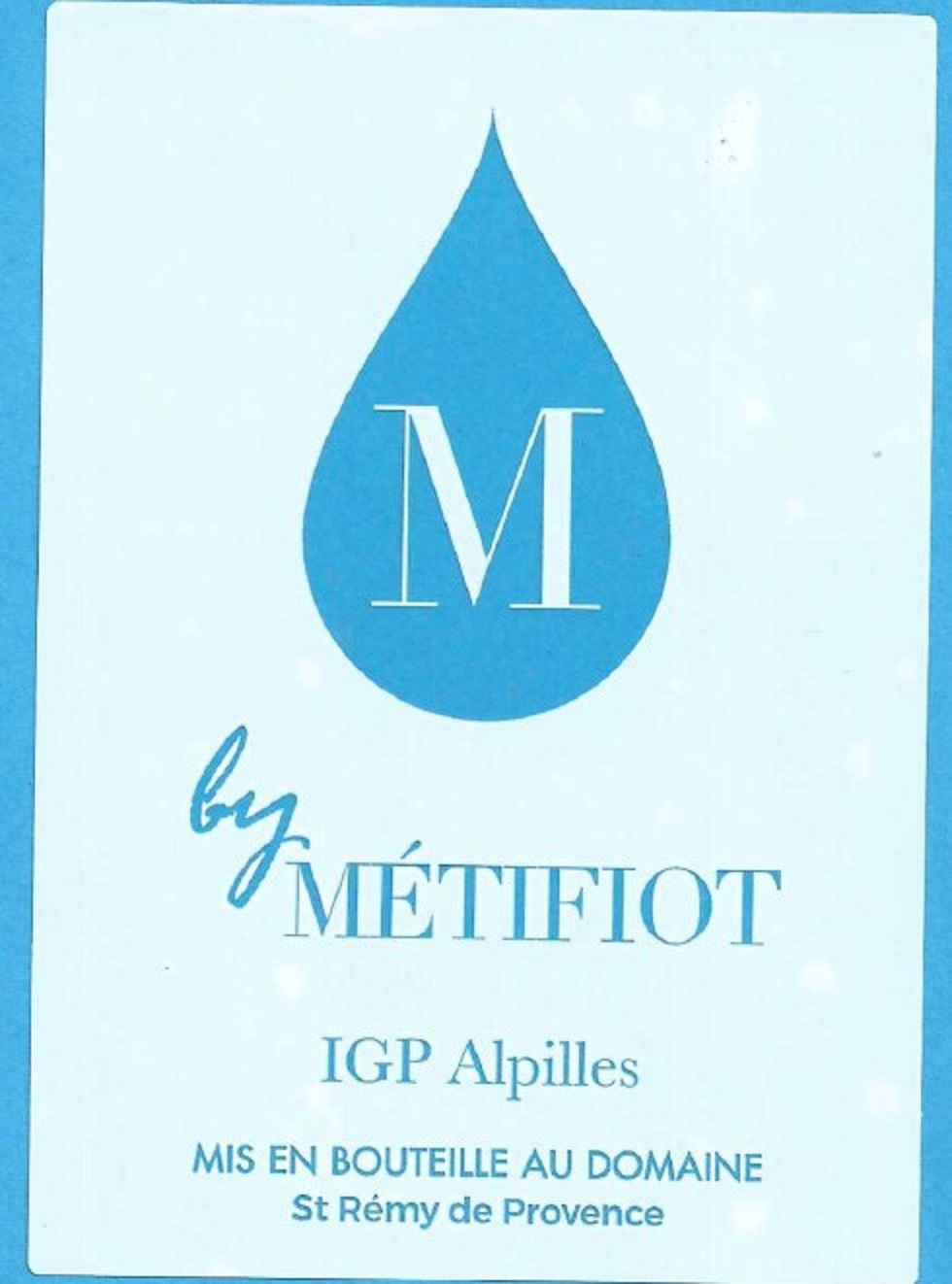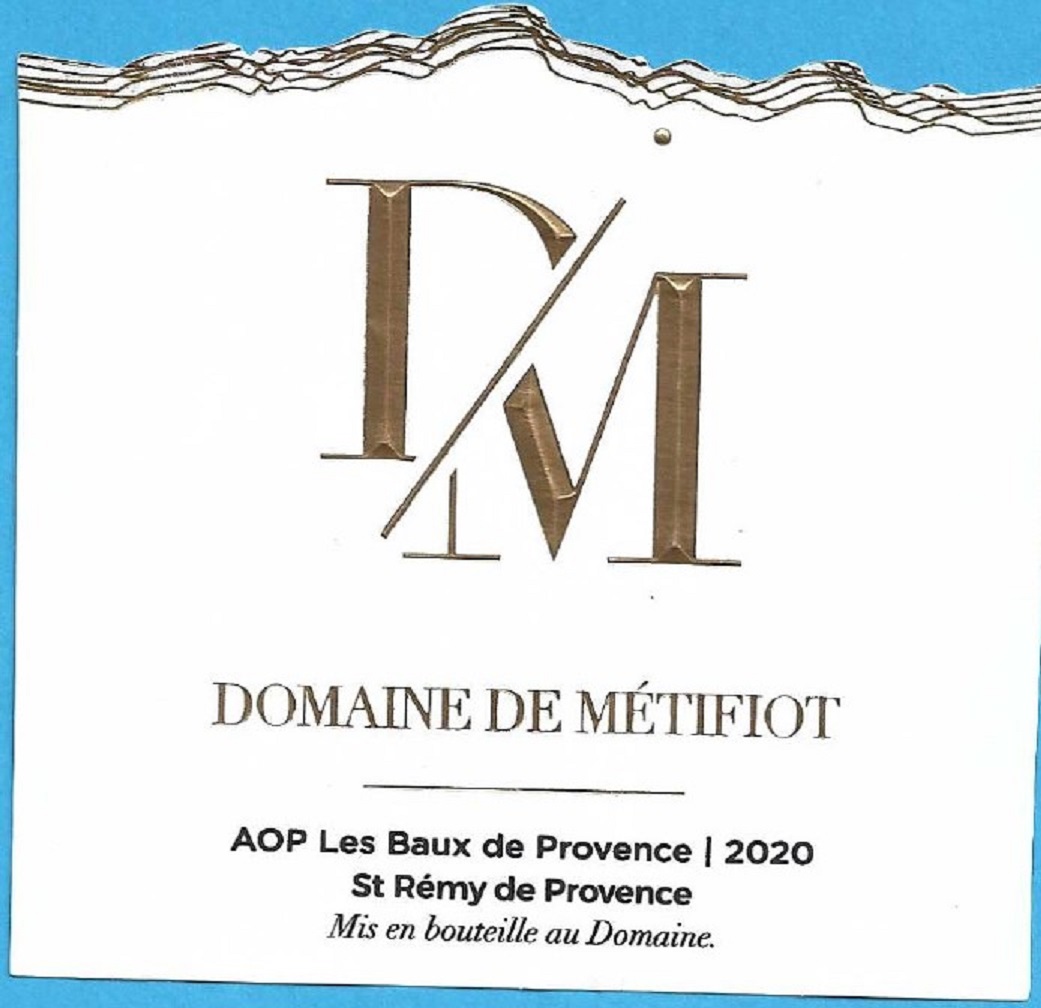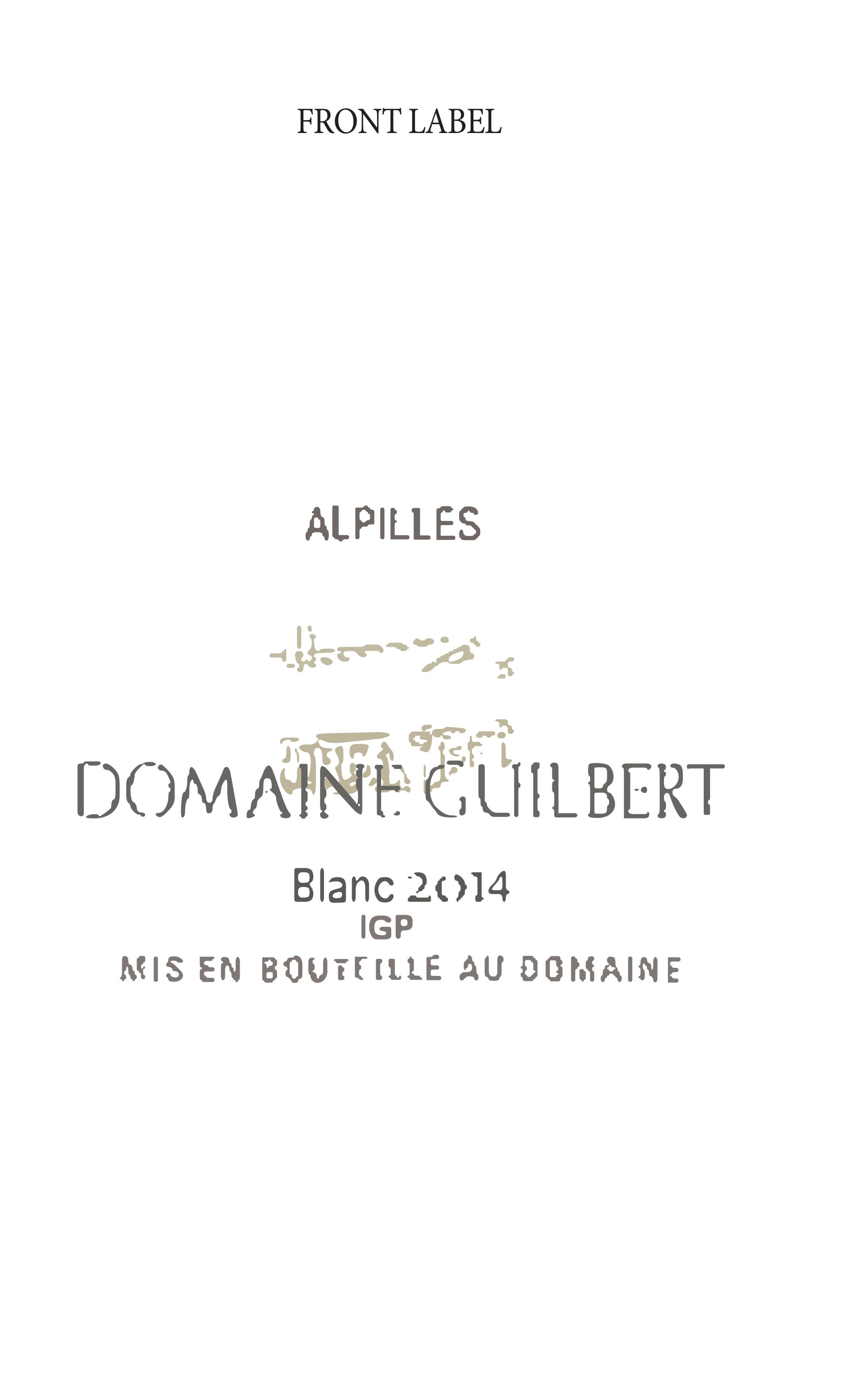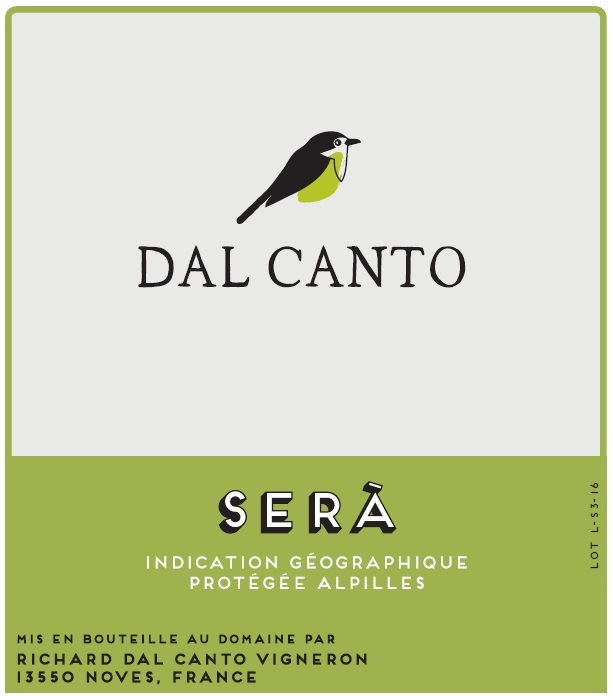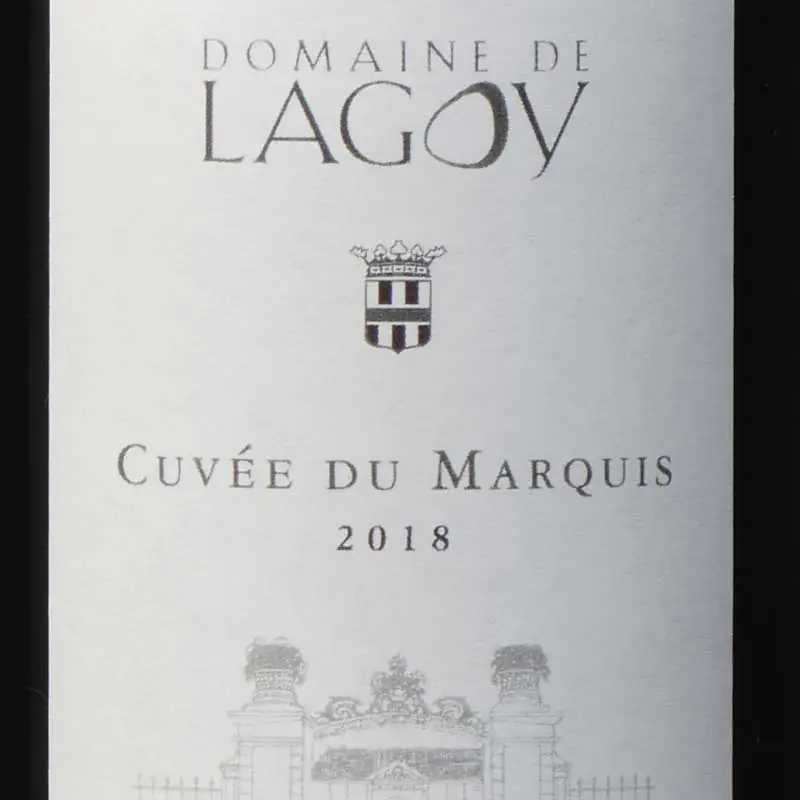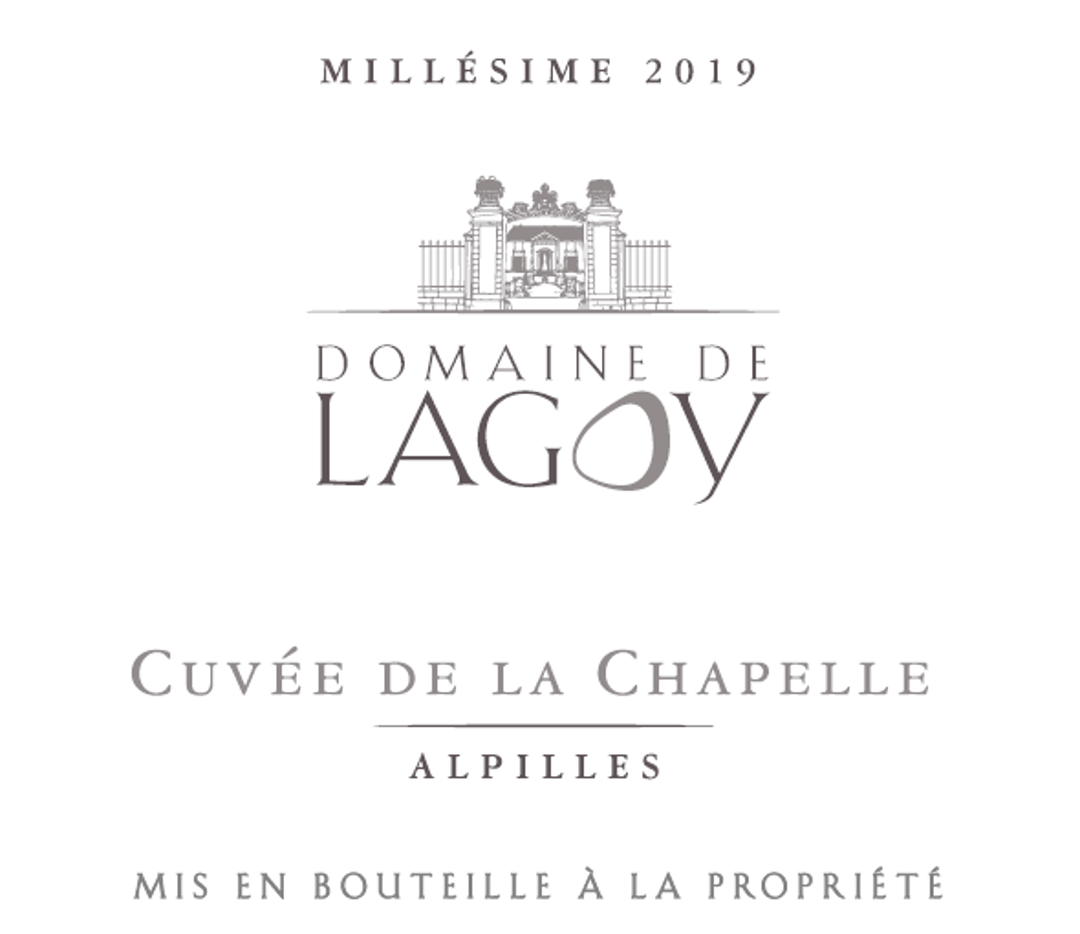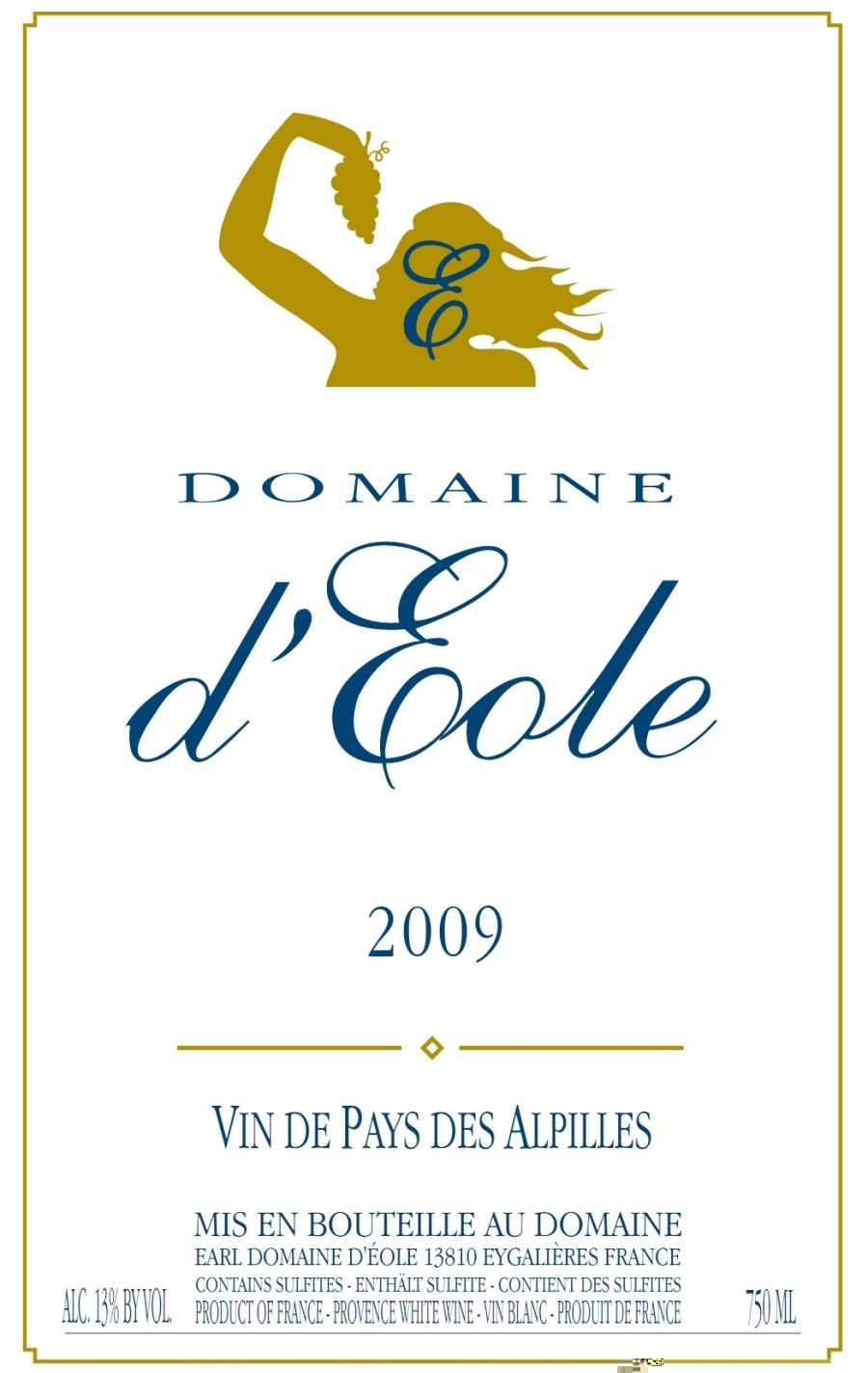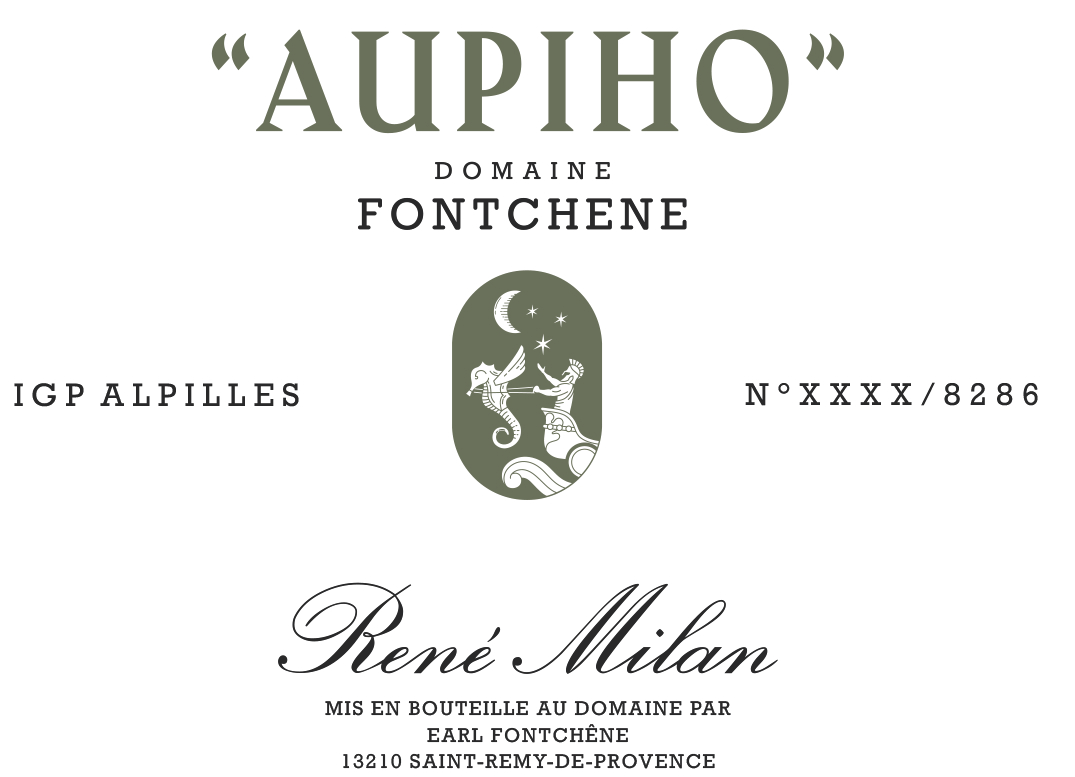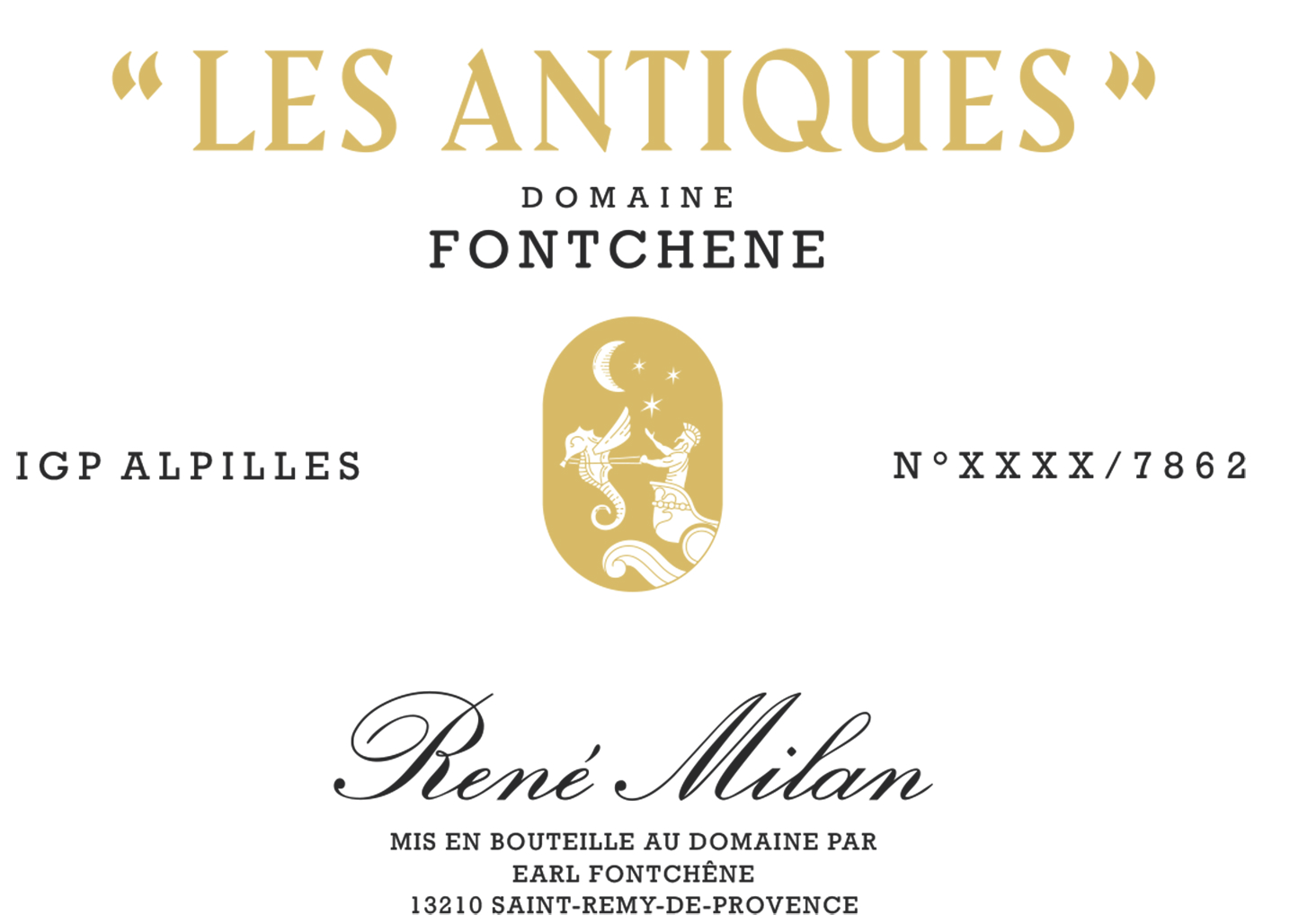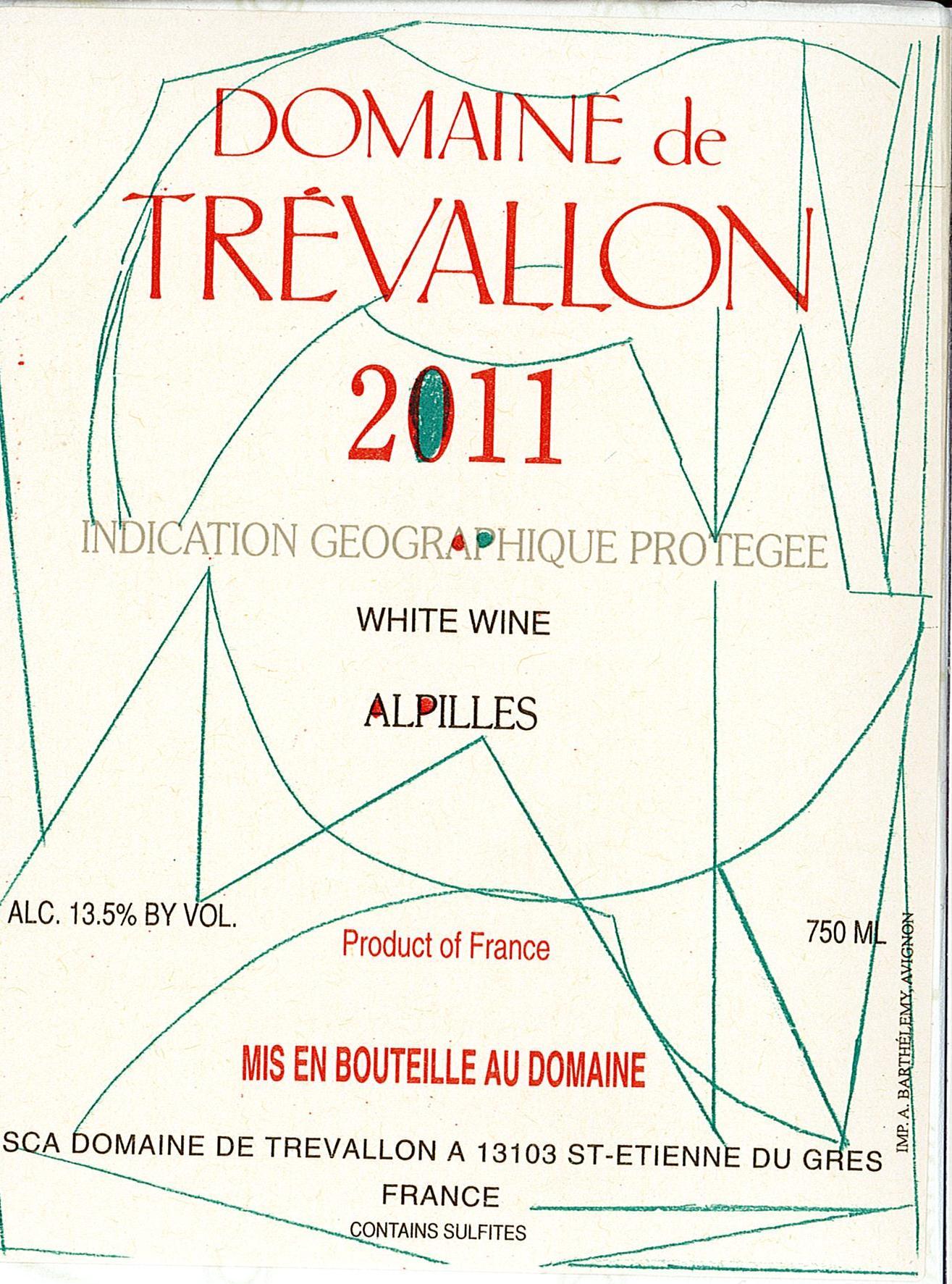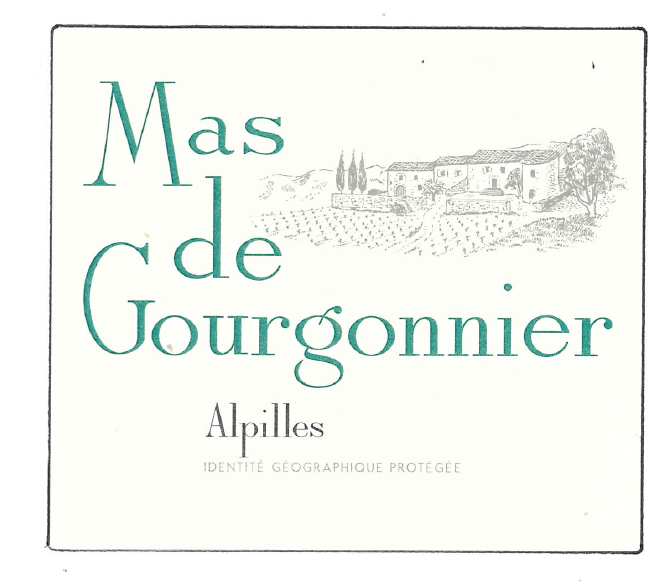Terroir of the Alpilles
The Alpilles region enjoys a classic Mediterranean climate, with lots of sunshine, hot dry summers, and mild winters. With little rain in spring and autumn, vineyards benefit from the cooling mistral wind, which helps stop disease and keeps summer heat in check. Daytime temperatures often rise above 30°C, with cooler nights helping grapes ripen evenly.
The area's terroir is marked by Jurassic limestone and marls, with vineyards on rocky, chalky plateaus and iron-rich terra rossa patches. These well-drained, shallow soils encourage deep root growth, concentrating grape flavors. Vineyards, usually located between 100–300 meters above sea level, have cooler nights than lower plains, and the "restanques" terraces improve sun exposure and soil stability. Together, these elements give Alpilles wines a distinct mineral character and vibrant fruit profiles.
Notable Wineries in the Alpilles
The Alpilles region, with its charming villages and rich winemaking heritage, is home to several notable wineries that highlight the area's unique terroir and dedication to quality. Here are a few standouts:
-
Château Romanin: Located in Maussane-les-Alpilles, it is renowned for its biodynamic approach to producing elegant red and rosé blends.
-
Mas de Gourgonnier: Situated in Paradou, this estate is a leader in organic viticulture, crafting distinctive reds and balanced rosés and whites.
-
Domaine de la Vallongue: Based in Saint-Rémy-de-Provence, this family-run winery excels in Syrah-focused reds and vibrant whites.
Visitors can also discover other local producers like Domaine Sainte Berthe and Château d’Estoublon, each offering unique wines and picturesque tasting experiences.
Sustainable Winemaking in the Alpilles
In the Alpilles region of Provence, sustainability is at the forefront of viticulture, with many vineyards embracing organic and biodynamic practices. By the mid-2010s, around 20% of vineyards in Provence were certified organic, surpassing the national average. This focus on eco-friendly farming includes using cover crops, minimal tillage, and natural fertilizers like compost, which help preserve soil health and biodiversity. The traditional restanques terraces play a crucial role in reducing erosion and supporting diverse ecosystems.
Water management is also a priority, with irrigation permitted only during severe droughts and often supplemented by rainwater collection and recycling practices. These efforts reflect a regional commitment to sustainability, ensuring that the Alpilles' unique terroir and wine heritage continue to thrive while minimizing environmental impact.
Wine Tourism in the Alpilles
Wine tourism in the Alpilles region of Provence offers a unique blend of natural beauty, cultural richness, and viticultural excellence. Visitors can explore renowned estates like Château Romanin and Domaine de la Vallongue, each offering guided tours and tastings that reveal the distinct character of Alpilles wines. These experiences are often enhanced by the scenic backdrop of vineyards, olive groves, and limestone hills. The region's picturesque villages, such as Saint-Rémy-de-Provence, provide additional opportunities to enjoy local wines in charming settings, whether at wine bars or during seasonal festivals.
Wine tourism here is not just about tasting; it's a journey through the region's heritage and dedication to sustainable practices. By combining wine exploration with visits to historical sites and sampling local cuisine, one can fully appreciate the Alpilles' contribution to the broader Provençal wine story.
